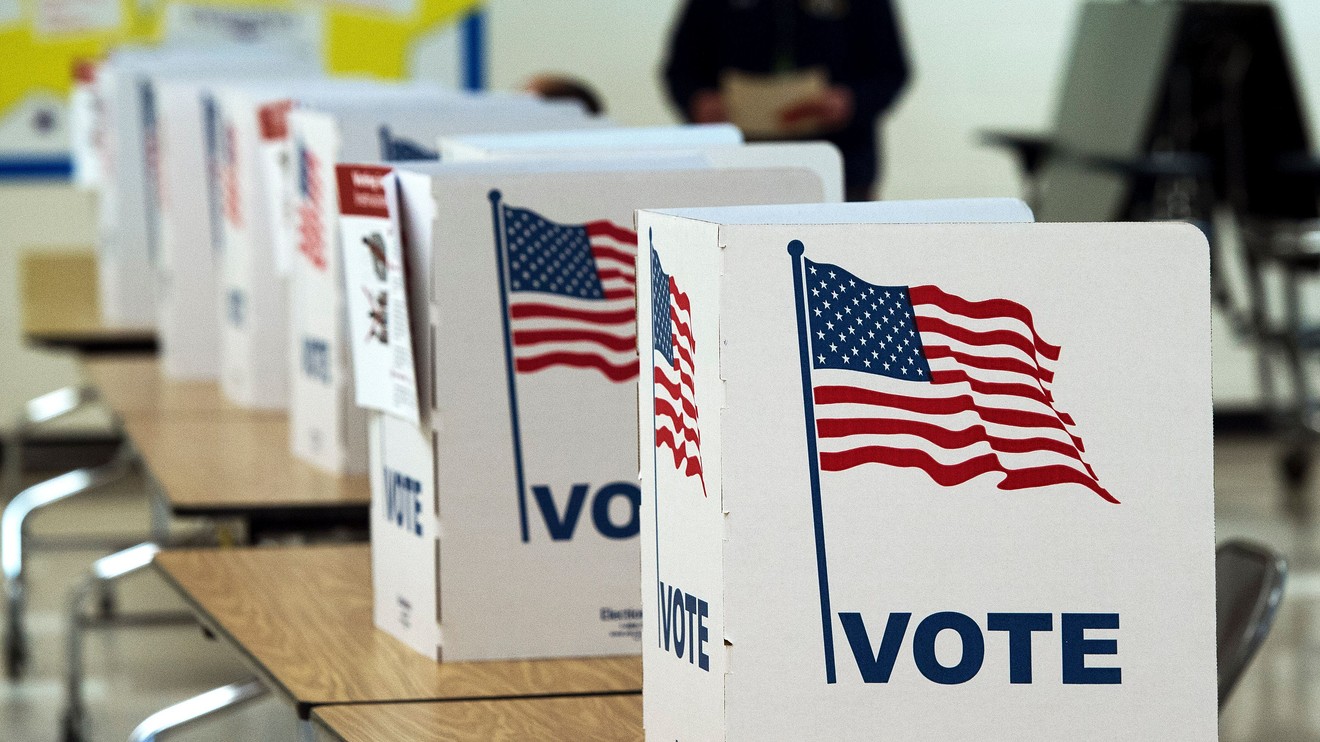As elections around the world loom, concerns over the potential havoc wrought by artificial intelligence (AI) on voters’ minds have escalated, with about half the world’s population going to polls. In response, a coalition of prominent tech companies has banded together to confront this menace head-on.
Over a dozen tech giants, including OpenAI, Google, Meta, Microsoft, TikTok, and Adobe, have joined forces to combat deceptive AI content in the upcoming 2024 elections.
Their collective pledge, dubbed the “Tech Accord to Combat Deceptive Use of AI in 2024 Elections,” underscores a commitment to develop technologies capable of identifying and countering misleading AI-generated content, including deepfakes featuring political figures.
Microsoft President Brad Smith underscored the urgency of the issue, emphasizing the imperative to prevent AI from becoming a tool for electoral deception.
Despite the tech industry’s track record of lax self-regulation, the accord signals a concerted effort to address the burgeoning threat posed by rapidly advancing AI technologies, especially in the absence of comprehensive regulatory frameworks.
The proliferation of AI tools enabling the swift creation of convincing text, images, and increasingly, video and audio, has raised alarms among experts, who warn of their potential misuse to disseminate misinformation and manipulate public opinion. OpenAI’s recent unveiling of Sora, a remarkably lifelike AI text-to-video generator, further underscores these concerns.
OpenAI CEO Sam Altman’s testimony before Congress highlighted the stakes, urging lawmakers to enact regulations to mitigate the risks posed by AI.
While some industry players have collaborated to establish standards for adding metadata to AI-generated images, facilitating automatic detection of computer-generated content, the Tech Accord represents a significant step forward.
By committing to enhance transparency and develop mechanisms to trace the origins of AI-generated content, signatories aim to bolster defenses against deceptive election-related content. Additionally, collaborative educational campaigns seek to empower the public to discern and resist manipulation tactics. Despite these efforts, skepticism persists among civil society groups, with some questioning the efficacy of voluntary pledges in safeguarding democracy. Nora Benavidez of Free Press contends that such promises fall short of the mark, advocating for robust content moderation involving human oversight, labeling, and enforcement mechanisms to combat AI-induced harms effectively.

